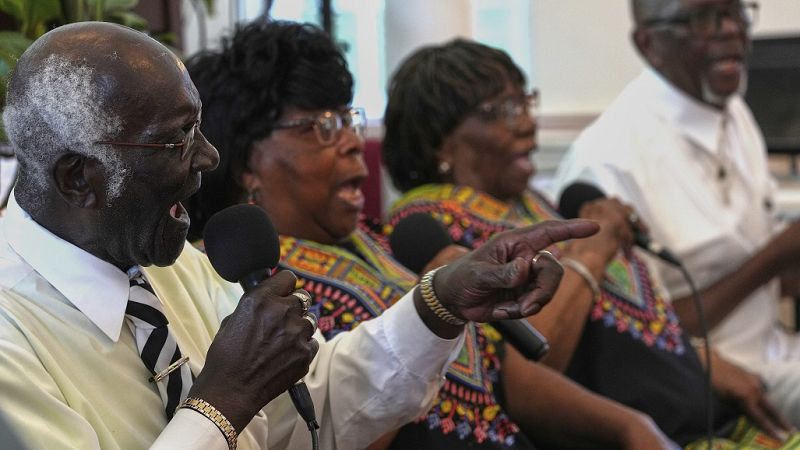Safeguarding Gullah Geechee culture through music and tradition

On St. Helena Island, South Carolina, a group of singers in their 70s and 80s—guided by musicologist Dr. Eric Crawford—breathes life into centuries-old Gullah spirituals, safeguarding a cultural treasure born from the struggles and faith of enslaved Africans. As development and time threaten to erase this heritage, their mission grows ever more urgent.
The ensemble, Voices of Gullah, carries forward spirituals like "Kumbaya" and "Roll Jordan Roll" in the traditional Gullah Creole language, rooted in West Africa.
These songs, passed down through generations, originated among enslaved laborers on the Sea Islands’ rice and cotton plantations.
"The language is here, the place where they sang is here," Crawford emphasizes. "This is where the songs began."
From praise houses to global stages
The group’s journey started humbly in 2007, when Crawford documented four local singers at Coffin Point Praise House—one of the last three surviving wooden worship spaces built by the enslaved.
Today, they tour the U.S. and beyond, performing with a vitality that belies their age. "Minnie Gadson is like James Brown—she electrifies crowds," Crawford says.
"Rosa Murray brings the soul, and Deacon Joe Murray is Gullah Geechee culture."
A race against time
With the youngest member, Charles “Jojo” Brown, at 71, the group confronts mortality.
"I’ll sing till I can’t anymore," says Brown, who recalls childhood ring shouts where washboards and pots became instruments.
Crawford fears the tradition could fade without new stewards: "When my singers are gone, who carries the torch?"
Passing the baton
Efforts to secure grants for youth education aim to transform spirituals into hip-hop or rap—any form that resonates. "Understand its origins, then make it your own," Crawford urges.
For now, the elders’ voices, weathered but unwavering, remain the living bridge between past and future.
As Gadson, the Murrays, and Brown clap and sway in Brick Baptist Church, their songs echo more than melodies—they are a defiant anthem of survival, demanding to be heard.
Today

